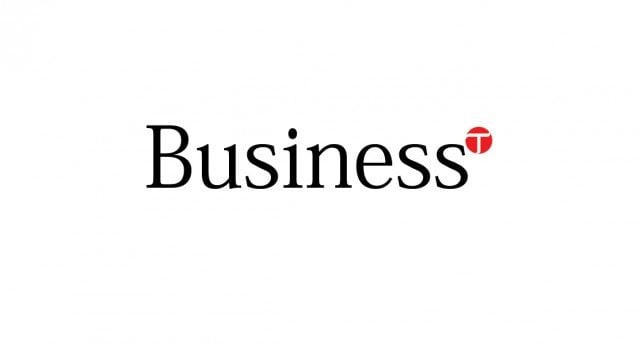Islamic banking - what is at the backend?

The essence of the Islamic financial system is to prohibit Riba and make available financial products in line with Shariah. In today’s Islamic banking philosophy, even though Islamic banks are offering financial products free from Riba, the elimination of interest from society is still a dream.
In Pakistan, conventional banking has got a new lease of life with the advent of consumerism. However, international commercial banks, after realising the potential of High Net Worth Individuals (HNWI) or Ultra High Net Worth Individuals (UHNWI) among Muslim societies, have opened Islamic banking windows within their commercial operations, without any need of Riba elimination.
Riba-free banking is running parallel to interest-based banking under the same roof and this approach is accepted by many religious scholars as a “transitional phase” to achieve some evolution of Islamic banking through famous brands.
Foreign and local commercial banks have formed Shariah boards, offering Islamic products to Muslim customers. But criticism is voiced especially over mixed institutions with questions how they are financing their Islamic banking window - whether through lending from conventional banking channel.
Another aspect in today’s technological world is banking for your comfort at home. Branchless banking is gaining ground where electronic channels such as phones, internet, short messages or mobile phones are used heavily for banking, making it simply impossible to segregate Islamic or non-Islamic customers reaching the call centre of the bank having both modes of operations.
So banks running conventional operation and having an Islamic window too, are servicing two opposite customers through a single source.
Another issue is tapping human resources jointly. Primarily, the Islamic banking industry, in Pakistan since 1979, is based on conventional banking resources. So the trained professionals have their initial mindset based on interest-based banking. Even though this risk has been minimised with the presence of Shariah board, segregation of the resources and their utilisation is still not looked into.
An organisation solely dedicated to Islamic mode of banking would not have this issue, however, those having an Islamic window are inclined towards that risk unintentionally. This not only covers human resources function but also the resources rotation within the same organisation to other departments, even in conventional banking areas.
The division of society into conservative, progressive, less-moderate and hardcore religious segments has affected the outcome of Islamic finance too. A historic judgment against Riba by the Shariat Appellate bench and then by Supreme Court made the distinction line more visible when one of the conventional banks, backed by the then government, approached the Supreme Court for the reversal of the judgment and getting stayed out of that deadline of implementation.
They achieved that. A number of progressive Muslims now ask “what is wrong in having bank interest especially on savings?”
In 2004, when in the National Assembly one of the non-Muslim members told the house that “bank interest is not under the definition of Riba, as per the verdict of Al Azhar’s main scholars”, it caused pandemonium and members of the religious parties’ alliance staged a walkout. However, any detailed document from religious authorities is yet to be finalised that contradicts Al Azhar’s version of Riba or the definition of saving account interest.
Religious interpretations might impact the development of Islamic financial products. These interpretational differences are visible between financial products of Malaysian model and products derived in the Middle East by Islamic banks.
the writer is a former Citibank, staffer
Published in The Express Tribune, July 5th, 2010.



















COMMENTS
Comments are moderated and generally will be posted if they are on-topic and not abusive.
For more information, please see our Comments FAQ